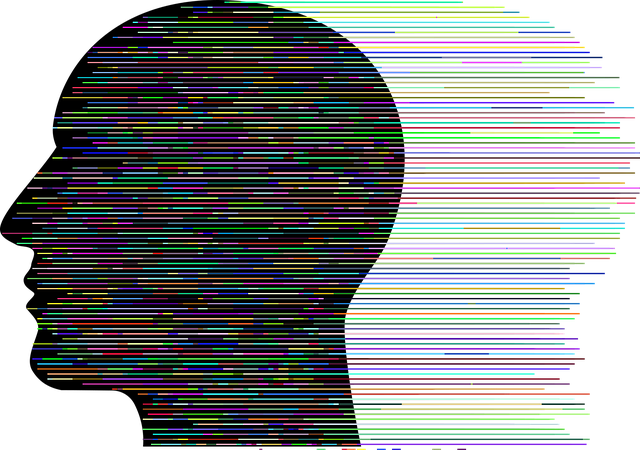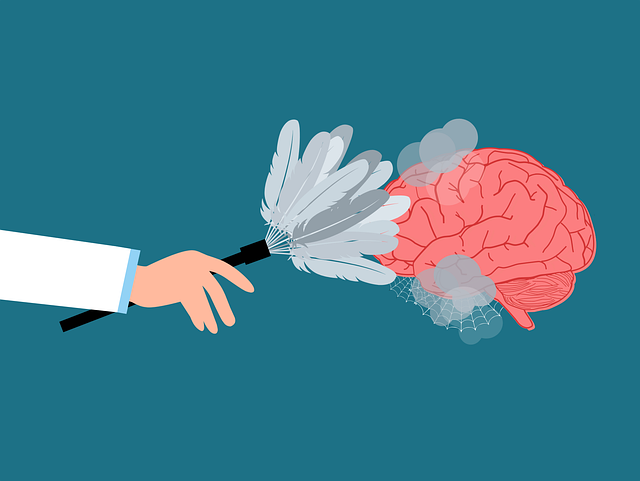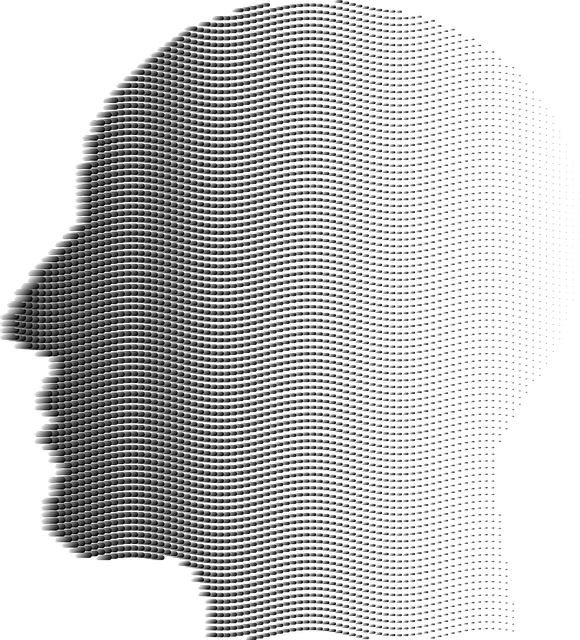Aurora Children Therapy revolutionizes mental health care for young minds by leveraging advanced data analytics and evidence-based practices. They prioritize comprehensive data collection, including structured interviews, questionnaires, and observations, to gain a holistic view of each child's mental health. Through nuanced pattern recognition, therapists develop personalized support strategies focusing on building inner strength and resilience against depression, anxiety, and other challenges. Aurora Children Therapy combines innovative tools like Burnout Prevention Strategies and Mental Wellness Podcast Series Production to enhance communication and expression of feelings, fostering positive outcomes while ensuring ethical data handling and privacy protection.
Mental health data analysis is a powerful tool for understanding and improving child therapy outcomes. At Aurora Children Therapy, we utilize advanced methods to interpret patient records, identifying trends and patterns that guide our treatment strategies. This article explores the process from data collection to ethical considerations, highlighting how Aurora’s approach leverages mental health data to enhance therapeutic practices, ensuring the best care for young minds. Discover how we navigate this complex landscape, balancing privacy with progress in child therapy.
- Understanding Mental Health Data: The Aurora Children Therapy Approach
- Data Collection Methods for Effective Analysis in Child Therapy
- Interpreting Patterns: Unlocking Insights from Patient Records
- Ethical Considerations and Privacy in Mental Health Data Analysis
- Using Data to Inform Treatment Strategies at Aurora Children Therapy
Understanding Mental Health Data: The Aurora Children Therapy Approach

Understanding Mental Health Data is a cornerstone of effective therapy, and the Aurora Children Therapy Approach stands as a beacon of hope for young minds in need. This methodically structured framework delves into the intricate patterns within mental health data, aiming to unravel the complexities of childhood emotional challenges. By utilizing advanced analytical tools, therapists can identify subtle trends and signals, offering a nuanced understanding of each child’s unique journey.
The Aurora Children Therapy Approach is not just about diagnosing; it focuses on empowering young individuals to develop inner strength and build resilience against common mental health issues like depression prevention and anxiety relief. Through this approach, therapists guide children to navigate their emotions, fostering self-awareness and effective coping strategies. By investing in the early detection and intervention of mental health concerns, we can ensure a brighter future for our children, enabling them to thrive with enhanced emotional well-being and resilience.
Data Collection Methods for Effective Analysis in Child Therapy

In the realm of child therapy, effective data collection methods are pivotal for accurate analysis and tailored interventions. Aurora Children Therapy employs a multifaceted approach to gather comprehensive insights into a child’s mental health. This includes structured interviews, standardized questionnaires, and observation notes, ensuring a holistic understanding. By utilizing these techniques, therapists can identify subtle nuances and patterns in a child’s behavior, emotions, and thoughts, which are crucial for developing effective treatment plans.
Additionally, integrating tools like Burnout Prevention Strategies for Healthcare Providers and Mental Wellness Podcast Series Production can enrich the data collection process. Self-Awareness Exercises, for instance, empower children to articulate their feelings, thereby enhancing communication during therapy sessions. Such innovative strategies not only facilitate deeper insights but also contribute to the overall mental wellness of both therapists and clients, fostering a supportive environment conducive to positive outcomes in child therapy.
Interpreting Patterns: Unlocking Insights from Patient Records

Interpreting patterns within patient records is a powerful method to unlock valuable insights for mental health professionals at Aurora Children Therapy. By employing advanced data analysis techniques, therapists can identify trends and correlations that may otherwise remain hidden. This process involves meticulously examining structured and unstructured data, such as medical histories, treatment notes, and even free-form responses from patients. Through sophisticated algorithms, these data points can reveal underlying connections between various factors—including social skills, cultural backgrounds, and self-awareness levels—and their impact on a patient’s mental well-being.
For instance, analyzing records could highlight specific challenges faced by individuals from diverse cultural backgrounds, guiding the development of more culturally competent care plans. This approach ensures that healthcare providers are equipped to offer tailored interventions, enhancing the overall effectiveness of treatment programs, such as Social Skills Training or Self-Awareness Exercises. By continually mining this data, Aurora Children Therapy can stay at the forefront of evidence-based practices and continuously improve its services.
Ethical Considerations and Privacy in Mental Health Data Analysis

In the realm of mental health data analysis, ethical considerations and privacy are paramount, especially when involving vulnerable populations such as children. At Aurora Children Therapy, we recognize that data collection and analysis can significantly contribute to Mental Health Awareness and improved treatment strategies. However, it also carries a heavy responsibility. The privacy and security of sensitive information must be a top priority to protect individuals’ identities and prevent potential harm.
Navigating this landscape requires a delicate balance. While sharing anonymized data can foster research and innovation in Compassion Cultivation Practices, ensuring the data remains de-identified is crucial to maintain trust. This is particularly important as technology advances, enabling more sophisticated analysis while also posing new risks. Ethical guidelines must guide every step of the process to ensure transparency, obtain informed consent, and uphold the highest standards of confidentiality.
Using Data to Inform Treatment Strategies at Aurora Children Therapy

At Aurora Children Therapy, we recognize that data is a powerful tool for understanding and enhancing mental health care. By meticulously analyzing patient information, we can gain valuable insights into treatment effectiveness and identify areas for improvement. This data-driven approach allows us to tailor our services to meet the unique needs of each child. For instance, our Mental Wellness Coaching Programs Development leverages data to create personalized coaching strategies that support children in managing stress, anxiety, and other mental health challenges.
Furthermore, the insights gained from data analysis guide our Trauma Support Services. By understanding the prevalent trauma types among our young clients, we can design more targeted interventions and improve long-term outcomes. This commitment to evidence-based practices not only ensures that every child receives the best possible care but also promotes broader Mental Health Awareness within our community.
Mental health data analysis plays a pivotal role in enhancing therapeutic outcomes, especially at organizations like Aurora Children Therapy. By employing robust data collection methods and interpreting patterns with care, therapists can unlock valuable insights to inform tailored treatment strategies. As discussed, ethical considerations and privacy are paramount, but the benefits of analyzing patient records far outweigh the challenges. Integrating data-driven approaches enables Aurora Children Therapy to continuously improve services, ensuring better mental health outcomes for the young people they support.














